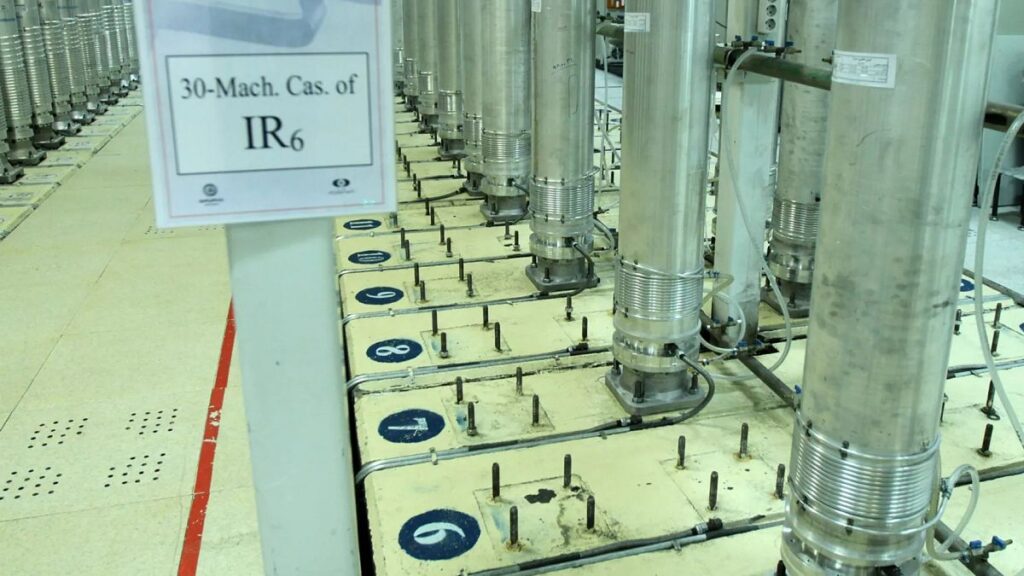Published on
Talks between Iran and the UK, France and Germany, known collectively as the E3 countries, concluded in Istanbul on Friday with both sides agreeing to continue discussions aimed at breaking the deadlock over Tehran’s nuclear programme.
The four-hour meeting, held at the Iranian Consulate, marked the first formal engagement since the 12-day conflict between Iran and Israel in June, which included US airstrikes on nuclear-linked sites.
Discussions focused on the possible reimposition of international sanctions lifted under the 2015 nuclear deal, which limited Iran’s enrichment activities in exchange for relief from punitive measures.
Iranian Deputy Foreign Minister Kazem Gharibabadi, who led the Iranian delegation alongside Majid Takht-e Ravanchi, described the exchange as “serious, frank and detailed,” noting that both sides came with “specific ideas” and had agreed to further consultations.
The E3 have warned that without visible progress, sanctions could be restored under the UN’s “snapback mechanism”, a clause in the 2015 agreement allowing the automatic return of sanctions if Iran breaches the deal’s terms.
A European diplomat, speaking anonymously due to the sensitivity of the negotiations, said the E3 had offered Tehran a temporary delay in triggering the mechanism, on condition that Tehran re-engage diplomatically, cooperate fully with the International Atomic Energy Agency (IAEA), and address concerns over its rapidly growing stockpile of highly enriched uranium.
“The snapback remains on the table,” the diplomat said.
Iran, however, insists that its enrichment activities are within its legal rights. Gharibabadi reiterated on social media that Tehran’s nuclear efforts must be respected, adding that the talks should not serve as a “platform for hidden agendas such as military action.”
He also stated that Iran’s involvement in the diplomatic process depends on “rebuilding trust,” particularly in light of the US withdrawal from the 2015 accord under former President Donald Trump.
“Iran has absolutely no trust in the United States,” Gharibabadi wrote.
In May, the IAEA reported that Iran’s stockpile of uranium enriched to 60% purity had surpassed 400 kilograms, close to weapons-grade level. Since then, Tehran has suspended cooperation with the agency.
IAEA Director General Rafael Grossi, speaking in Singapore on Friday, warned that inspectors must be allowed to return soon.
“This is an international obligation of Iran,” he said, urging movement “from words to reality.”
Iranian President Masoud Pezeshkian, speaking to Al Jazeera earlier this week, maintained that the country remains committed to international law and does not intend to pursue nuclear weapons.
The talks in Istanbul come amid rising tensions in the region. Last month, Israeli and US military strikes on Iranian nuclear sites prompted retaliatory attacks on Israel and a US base in Qatar.
Read the full article here
